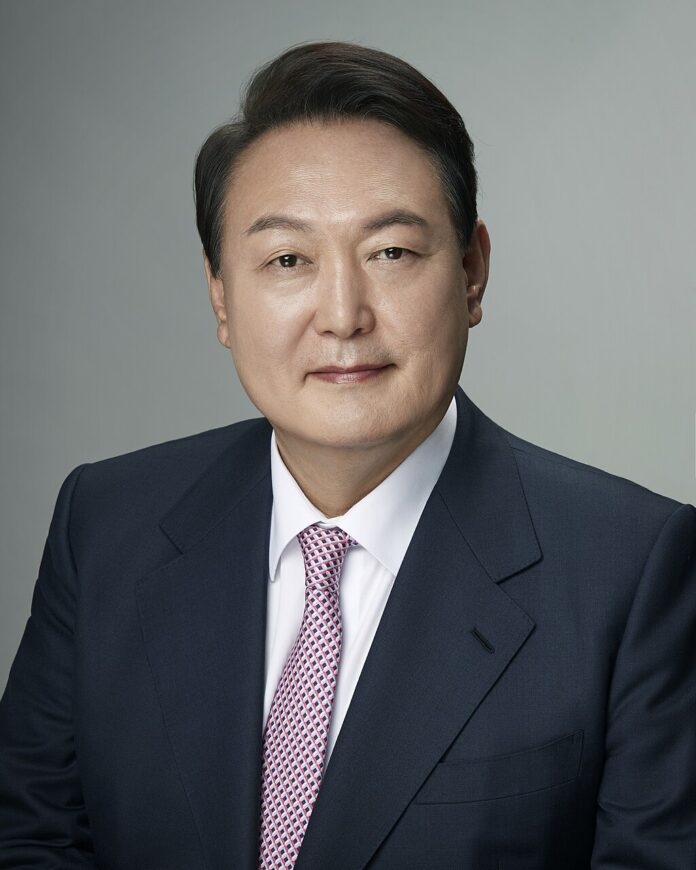In South Korea, a storm of political controversy has engulfed the nation as the Constitutional Court embarks on reviewing the impeachment of President Yoon for involvement in alleged attempts to instate martial law. This dramatic episode marks a significant juncture in the country’s democratic processes, posing questions about governance, legal frameworks, and separation of powers.
Amidst a cacophony of political discourse and public protests, legal experts are meticulously analyzing the extent of President Yoon’s alleged infractions. These allegations not only imperil his presidency but also ignite a broader debate about executive power and authority in South Korea’s political system. The charges related to martial law have rekindled memories of the nation’s autocratic past, stirring unease among citizens.
Investigators are fervently pushing to summon President Yoon to unravel the layers of alleged negligence and intent behind proposed measures. As the story unfolds, the political landscape remains complex, with varied factions seeking to leverage the impeachment dynamics to gain political traction or ensure checks and balances are effectively maintained.
Embed from Getty ImagesFurther compounding the political landscape, this upheaval occurs in a region rife with geopolitical tensions. South Korea’s stabilization is imperative for strategic balance in East Asia, necessitating that the legal and political responses to the impeachment are carefully managed to avoid exacerbating existing regional uncertainties.
The unfolding events in South Korea mark a pivotal moment for the nation’s democracy—challenging its institutions to uphold justice and society’s trust while navigating this delicate and politically charged scenario.
Perspectives
Perspective 1: Opponents of President Yoon argue that the impeachment is necessary to reinforce the rule of law. They underline the seriousness of martial law allegations as antithetical to democratic principles, positing that accountability is paramount for preserving public trust in government institutions. These critics advocate a transparent legal process ensuring that the presidency does not bypass constitutional boundaries.
Sources:
REUTERS
AP NEWS
Perspective 2: Supporters of President Yoon downplay the accusations, suggesting that political motivations drive the impeachment process. They question the sufficiency of evidence and argue the president’s actions were mischaracterized, intended as defensive measures against internal threats. These supporters warn of the upheaval potentially destabilizing governance and urge a rational examination undistorted by political biases.
Sources:
REUTERS
AP NEWS
Perspective 3: Political analysts observe that these proceedings reflect not just on President Yoon’s administration but broader systemic accountability within South Korean politics. They see the event as a litmus test of the nation’s democratic maturity, noting it as an opportunity to foster greater transparency and balance of power. Analysts suggest an outcome that strengthens democratic norms could bolster South Korea’s regional standing amid geopolitical vulnerabilities.
Sources:
REUTERS
AP NEWS
